The market for non-organic grapes has experienced significant growth in recent years. While organic grapes have gained popularity due to their perceived health benefits, non-organic grapes continue to be a favored choice for many consumers. Despite concerns about pesticide residue and other potential risks associated with non-organic food, it is essential to understand the safety measures in place to ensure the quality and safety of non-organic grapes. 1. Regulatory Oversight and Standards: Non-organic grape production is subject to various regulations and standards imposed by regulatory bodies and industry associations.
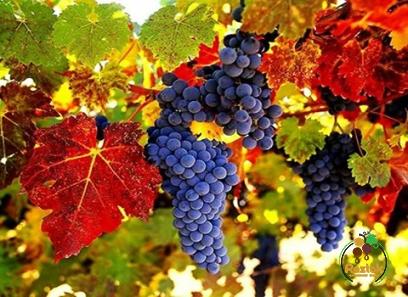
.
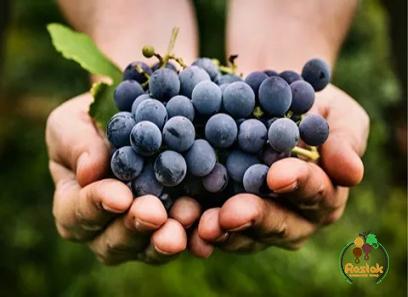 In the United States, for example, the Environmental Protection Agency (EPA) sets maximum residue limits (MRLs) for pesticide residues on grapes, which are regularly reviewed and updated. These MRLs are designed to protect consumers’ health and ensure that any trace amounts of pesticides present in non-organic grapes are safe for consumption. Similarly, other countries have their own regulatory frameworks in place. It is essential for growers and producers to adhere to these regulations and regularly monitor the use of pesticides to ensure compliance. 2. Integrated Pest Management (IPM) Practices: Many non-organic grape producers employ integrated pest management (IPM) practices to minimize the use of pesticides and ensure the safety of their products. IPM focuses on a combination of strategies such as biological control, cultural practices, and targeted chemical interventions to manage pests effectively.
In the United States, for example, the Environmental Protection Agency (EPA) sets maximum residue limits (MRLs) for pesticide residues on grapes, which are regularly reviewed and updated. These MRLs are designed to protect consumers’ health and ensure that any trace amounts of pesticides present in non-organic grapes are safe for consumption. Similarly, other countries have their own regulatory frameworks in place. It is essential for growers and producers to adhere to these regulations and regularly monitor the use of pesticides to ensure compliance. 2. Integrated Pest Management (IPM) Practices: Many non-organic grape producers employ integrated pest management (IPM) practices to minimize the use of pesticides and ensure the safety of their products. IPM focuses on a combination of strategies such as biological control, cultural practices, and targeted chemical interventions to manage pests effectively.
..
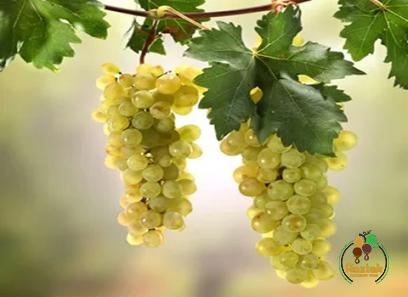 This approach reduces reliance on pesticides and minimizes potential risks associated with their use. By implementing IPM strategies, growers can also reduce the development of pesticide resistance among pests, ensuring more sustainable and environmentally friendly grape production. 3. Testing and Certification Programs: To further ensure the safety of non-organic grapes, industry associations and certification programs have established rigorous testing protocols. These programs aim to detect and monitor pesticide residues in grapes, ensuring that levels remain within acceptable limits. Certification programs, such as the GlobalG.A.P. (Good Agricultural Practices), provide guidelines and standards that address all aspects of grape production, including pesticide use and residue management. These programs help ensure that non-organic grapes are grown under strict quality control measures, providing consumers with peace of mind.
This approach reduces reliance on pesticides and minimizes potential risks associated with their use. By implementing IPM strategies, growers can also reduce the development of pesticide resistance among pests, ensuring more sustainable and environmentally friendly grape production. 3. Testing and Certification Programs: To further ensure the safety of non-organic grapes, industry associations and certification programs have established rigorous testing protocols. These programs aim to detect and monitor pesticide residues in grapes, ensuring that levels remain within acceptable limits. Certification programs, such as the GlobalG.A.P. (Good Agricultural Practices), provide guidelines and standards that address all aspects of grape production, including pesticide use and residue management. These programs help ensure that non-organic grapes are grown under strict quality control measures, providing consumers with peace of mind.
…
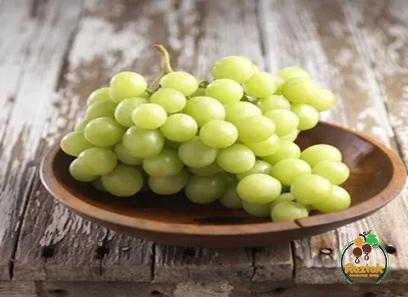 4. Consumer Education and Awareness: As a consumer, it is crucial to educate yourself about the safety measures employed by grape producers. Understanding the regulations and standards in place, as well as the testing and certification programs, will enable you to make informed decisions about the grapes you purchase. Additionally, washing non-organic grapes thoroughly before consumption can help remove any potential pesticide residues. The use of fruit and vegetable washes recommended by food safety authorities can further mitigate risks. Conclusion: Non-organic grapes can be safe for consumption when grown and produced in adherence to regulatory standards, employing integrated pest management practices, and subject to testing and certification programs. By understanding the measures in place to ensure safety, consumers can make informed choices and enjoy the benefits of non-organic grapes while minimizing potential risks.
4. Consumer Education and Awareness: As a consumer, it is crucial to educate yourself about the safety measures employed by grape producers. Understanding the regulations and standards in place, as well as the testing and certification programs, will enable you to make informed decisions about the grapes you purchase. Additionally, washing non-organic grapes thoroughly before consumption can help remove any potential pesticide residues. The use of fruit and vegetable washes recommended by food safety authorities can further mitigate risks. Conclusion: Non-organic grapes can be safe for consumption when grown and produced in adherence to regulatory standards, employing integrated pest management practices, and subject to testing and certification programs. By understanding the measures in place to ensure safety, consumers can make informed choices and enjoy the benefits of non-organic grapes while minimizing potential risks.

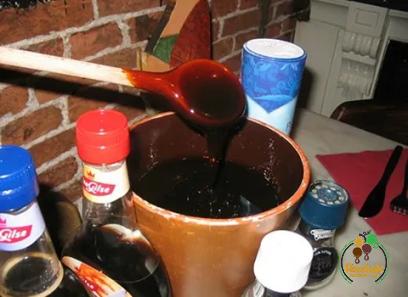
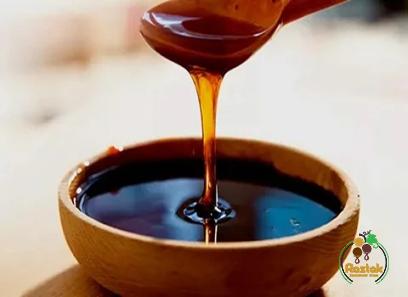
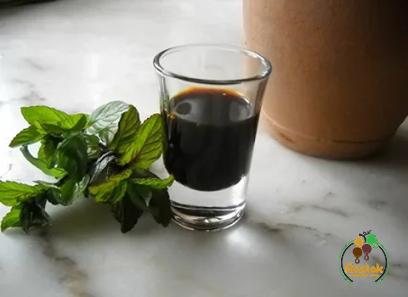
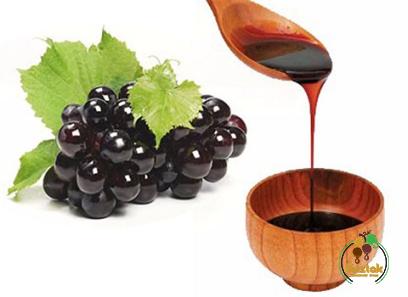

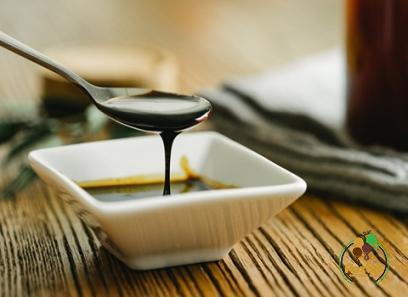
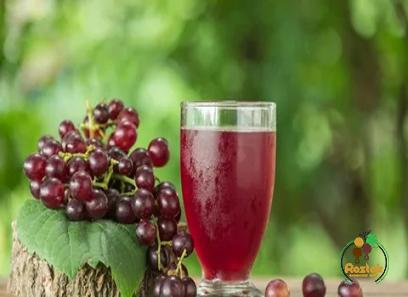
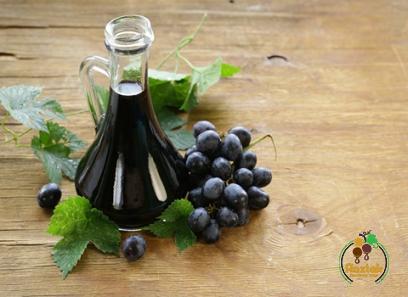
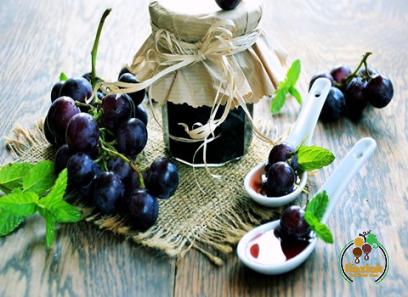
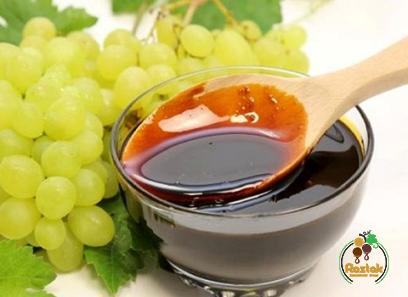
Your comment submitted.